Extrusion welder is a specialized equipment designed for welding thermoplastic materials such as HDPE, PP, PVC, and PVDF. By heating and extruding plastic welding rods, it melts the materials to form high-strength welded seams, finding extensive applications in industries including chemical engineering, environmental protection, construction, and water conservancy. This article will provide a detailed introduction to the applications, working principles, application fields, and market advantages of extrusion welders.
Technical Principles and Core Advantages of Extrusion Welding Machines
The working principle of extrusion welders is based on the thermal fusion characteristics of thermoplastic materials. By precisely controlling temperature, pressure, and feed rate, molecular-level bonding of materials is achieved. The key technical features include:
- Precision Temperature Control System
- Utilizes PID intelligent temperature control technology to maintain welding zone temperature within ±2°C.
- Multi-stage Pressure Adjustment Mechanism
- Automatically adjusts extrusion force (0.2-0.6 MPa) based on material thickness.
- Variable-speed Feed Mechanism
- Adjustable welding rod feed rate (2-20 cm/min) to accommodate different welding requirements.
Compared to traditional joining methods, extrusion welders offer three core advantages:
- Structural Integrity
- Weld seam strength reaches 85-95% of the base material strength.
- Chemical Stability
- No additives at the weld interface, preserving the material's inherent corrosion resistance.
- Long-term Reliability
- Expected service life exceeds 20 years with minimal maintenance costs.
In-Depth Analysis of Industrial Applications
Chemical Equipment Manufacturing and Maintenance
In the chemical industry, extrusion welding machines demonstrate their value across multiple dimensions:
Large Storage Tank Fabrication:

- Enables on-site fabrication of PP/HDPE storage tanks exceeding 15m in diameter
- Achieves 99.8% first-pass qualification rate for circumferential seam welding
- Delivers welding speeds of 3-5m/h, significantly reducing construction timelines
Specialized Vessel Applications:
- Welding of PVDF ultra-high-purity electronic-grade chemical storage tanks
- Layered welding technology for multi-layer composite structure vessels
- On-site repair operations for lined reactors
Applications in Municipal Pipeline Engineering
In urban pipeline network construction, extrusion welding machines have resolved numerous technical challenges:
Water Supply and Drainage Systems:

- All-position welding for DN300-DN2000 pipelines
- Core equipment for trenchless rehabilitation technology
- Development and application of specialized wet-environment welding guns
Gas Transmission Applications:
- Welding process optimization for PE100-grade pipes
- Slow crack growth (S4) testing of welded joints
- Intelligent welding parameter recording system
Typical Project Data:
- Urban water supply network renovation project:
- Total welding length: 38.6 km
- Number of welded joints: 2,156
- Pressure test pass rate: 100%
- Project timeline reduction: 40 days
Critical Applications in Environmental Engineering
Environmental engineering imposes more stringent requirements on extrusion welding machines:
Landfill Anti-seepage Systems:
- Welding of 2.0mm double-textured HDPE membranes
- Seam shear strength ≥25N/mm
- Comprehensive spark testing coverage
Industrial Wastewater Treatment:
- Welding process selection for acid/alkali environments
- Welding solutions for irregular structures (e.g., tank corners)
- Long-term performance maintenance in submerged conditions
Technological Breakthroughs:
- Development of -30°C low-temperature welding process
- UV-resistant welding materials
- Application of automated crawler welding equipment
Special Working Condition Solutions
Extrusion welders demonstrate their technological sophistication in specialized environments:
3.1 Extreme Environment Operations
• Welding parameter adjustments for high-altitude regions (>3,000m elevation)
• Salt spray-resistant welding technology for marine environments
• Wind and sand-resistant welding solutions for desert areas
3.2 Emergency Repair Applications
• Pressurized pipeline rapid repair technology
• Specialized equipment for confined space welding
• Mobile welding workstation configurations
3.3 Advanced Material Welding
• Carbon fiber reinforced thermoplastic joining
• Specialized welding processes for conductive plastics
• Multi-layer welding for ultra-thick plates (>50mm)
Conclusion
The value of extrusion welding machines in modern industry extends far beyond their fundamental plastic joining capabilities. These systems demonstrate exceptional versatility by delivering tailored solutions to meet diverse industrial requirements. From ensuring the safe operation of chemical processing equipment to elevating quality standards in municipal engineering projects, and addressing specialized impermeability demands in challenging environments, extrusion welding technology provides reliable, cost-effective, and efficient plastic joining solutions across multiple sectors.
Through their specialized welding processes, these machines have become indispensable in industrial applications. As material science and welding technologies continue to advance, extrusion welders will further expand their application boundaries, unlocking new possibilities for industrial manufacturing. Their ongoing development promises to deliver even greater precision, efficiency, and adaptability to meet the evolving needs of modern industry.


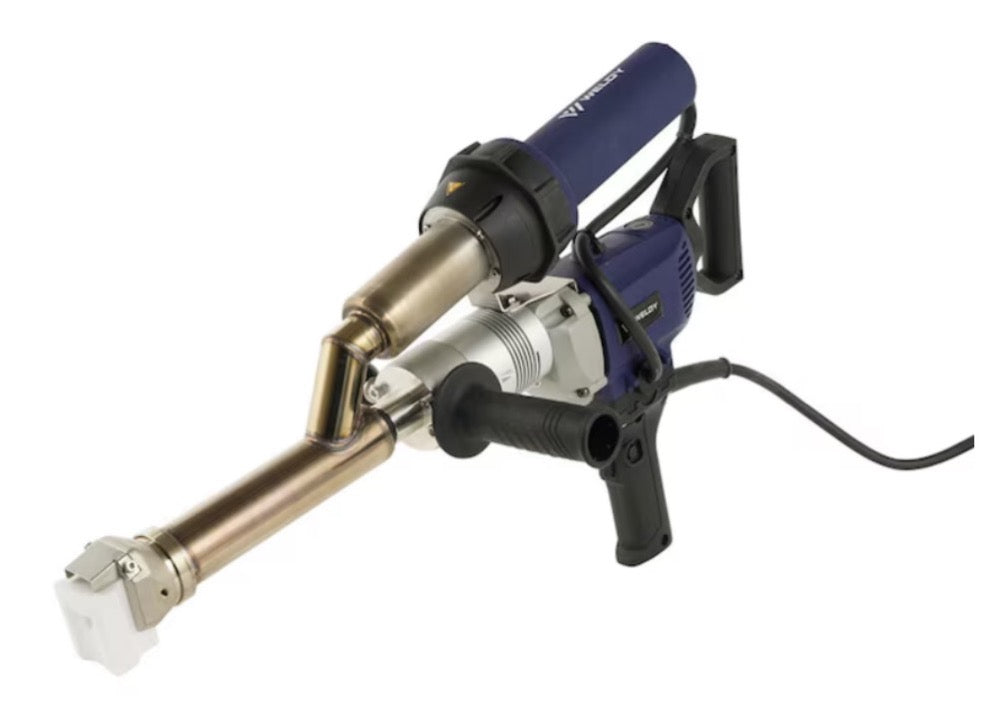
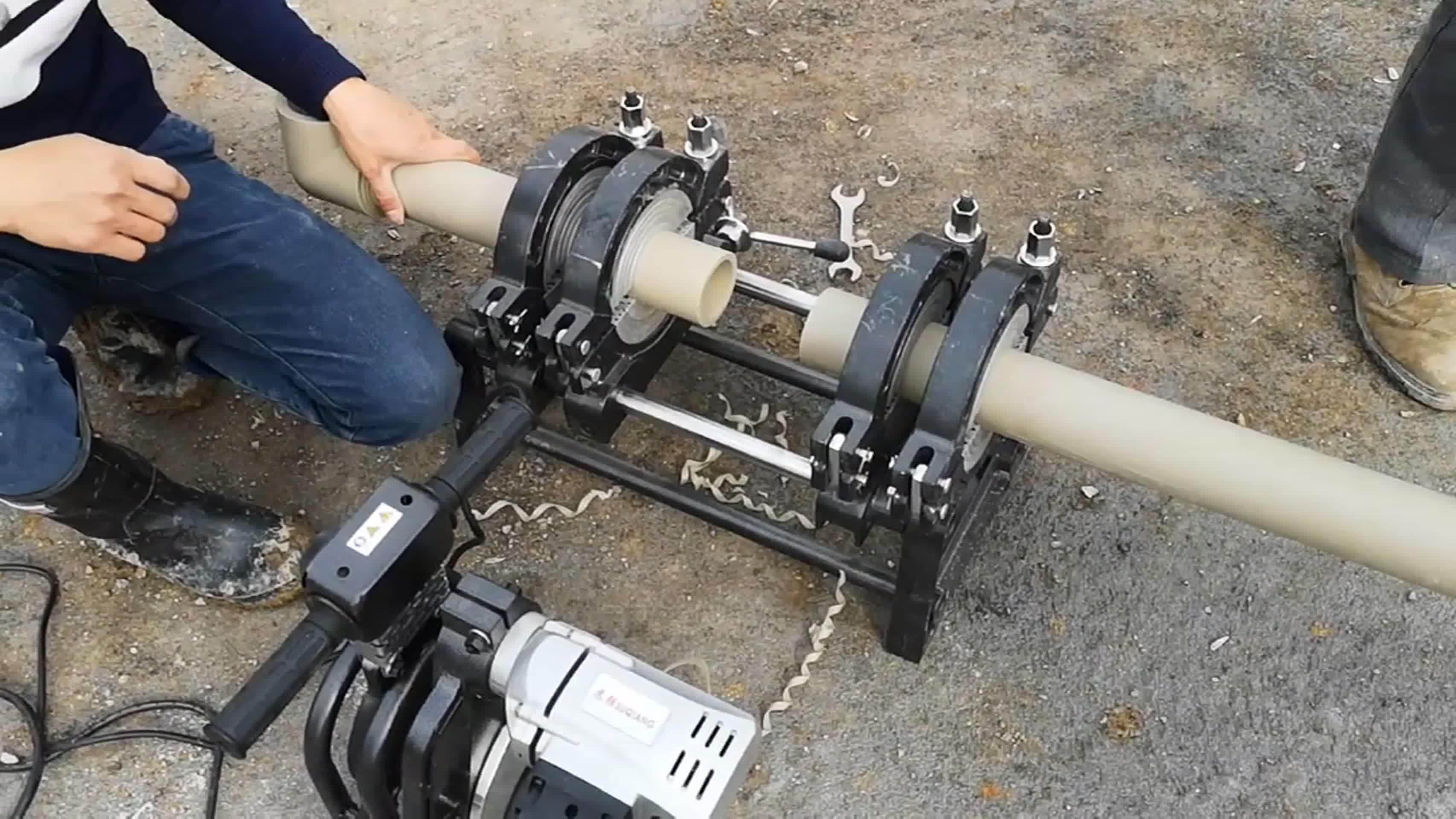
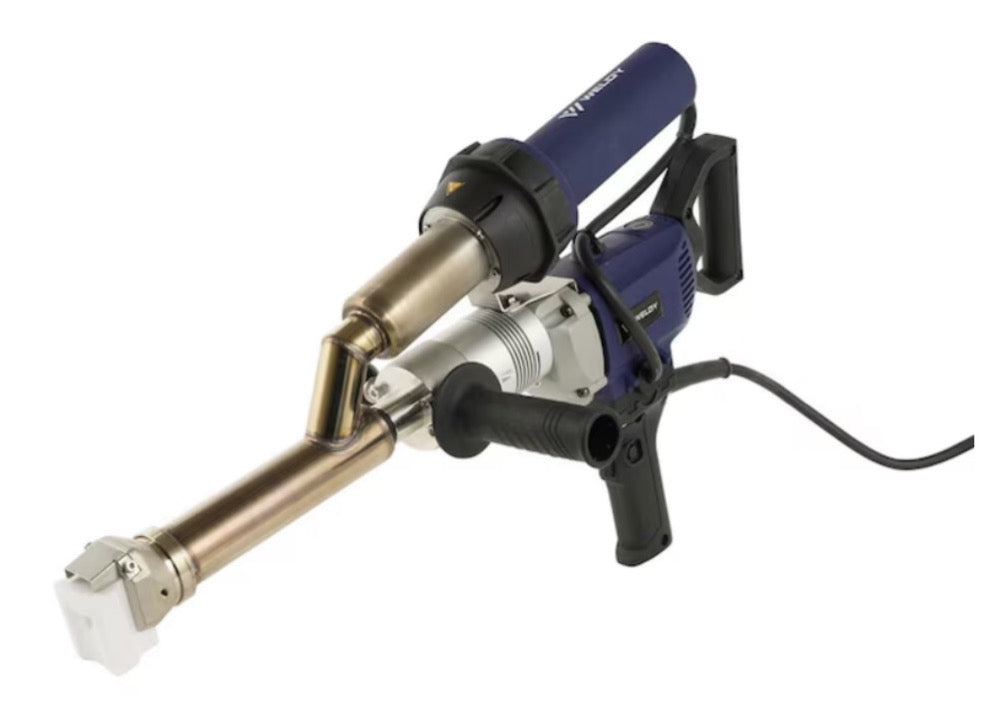
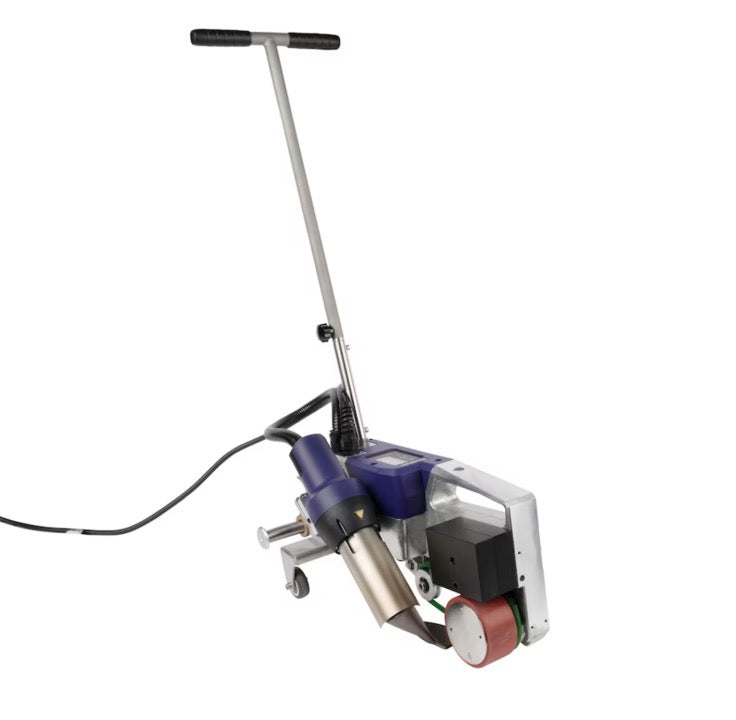

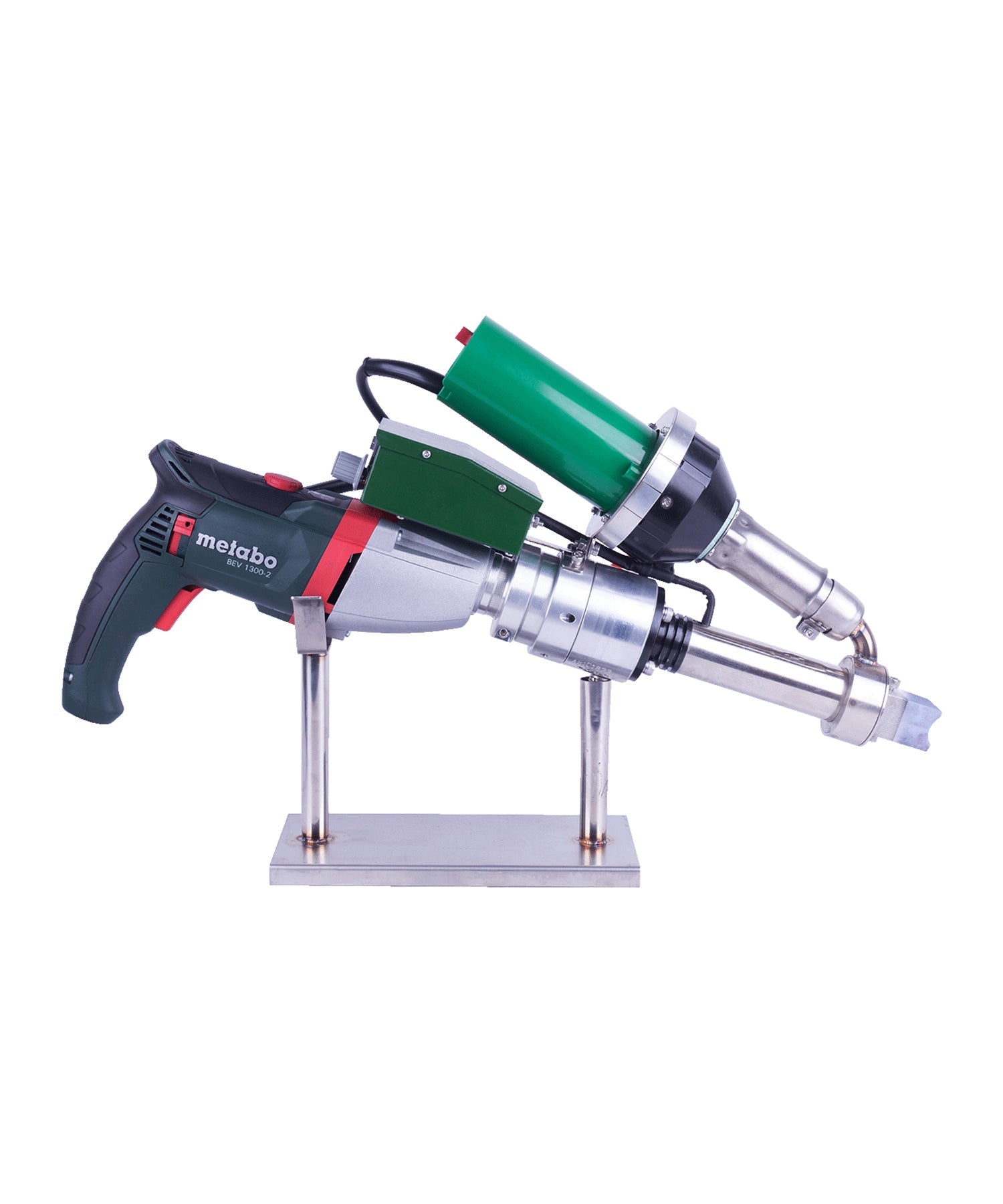
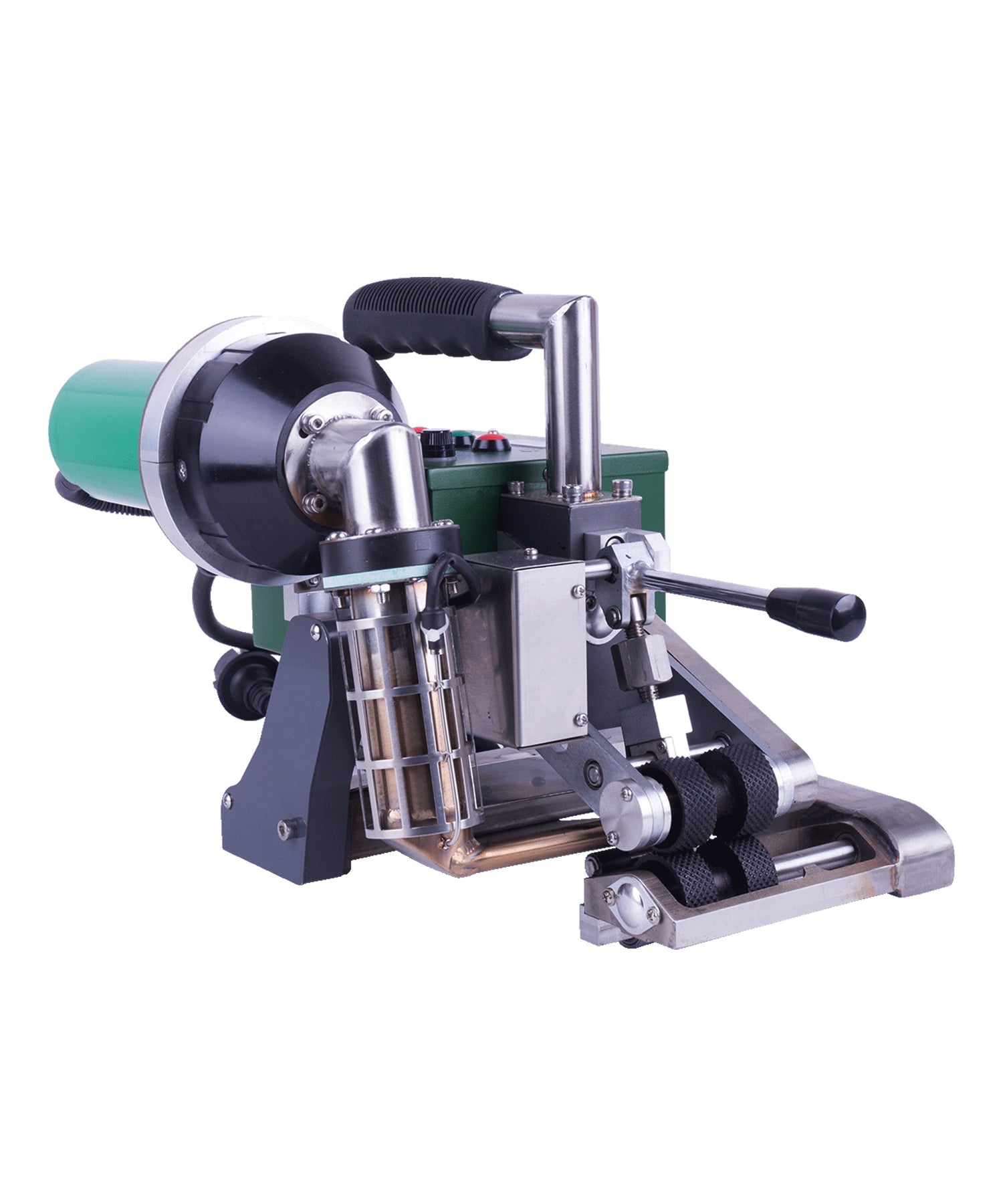
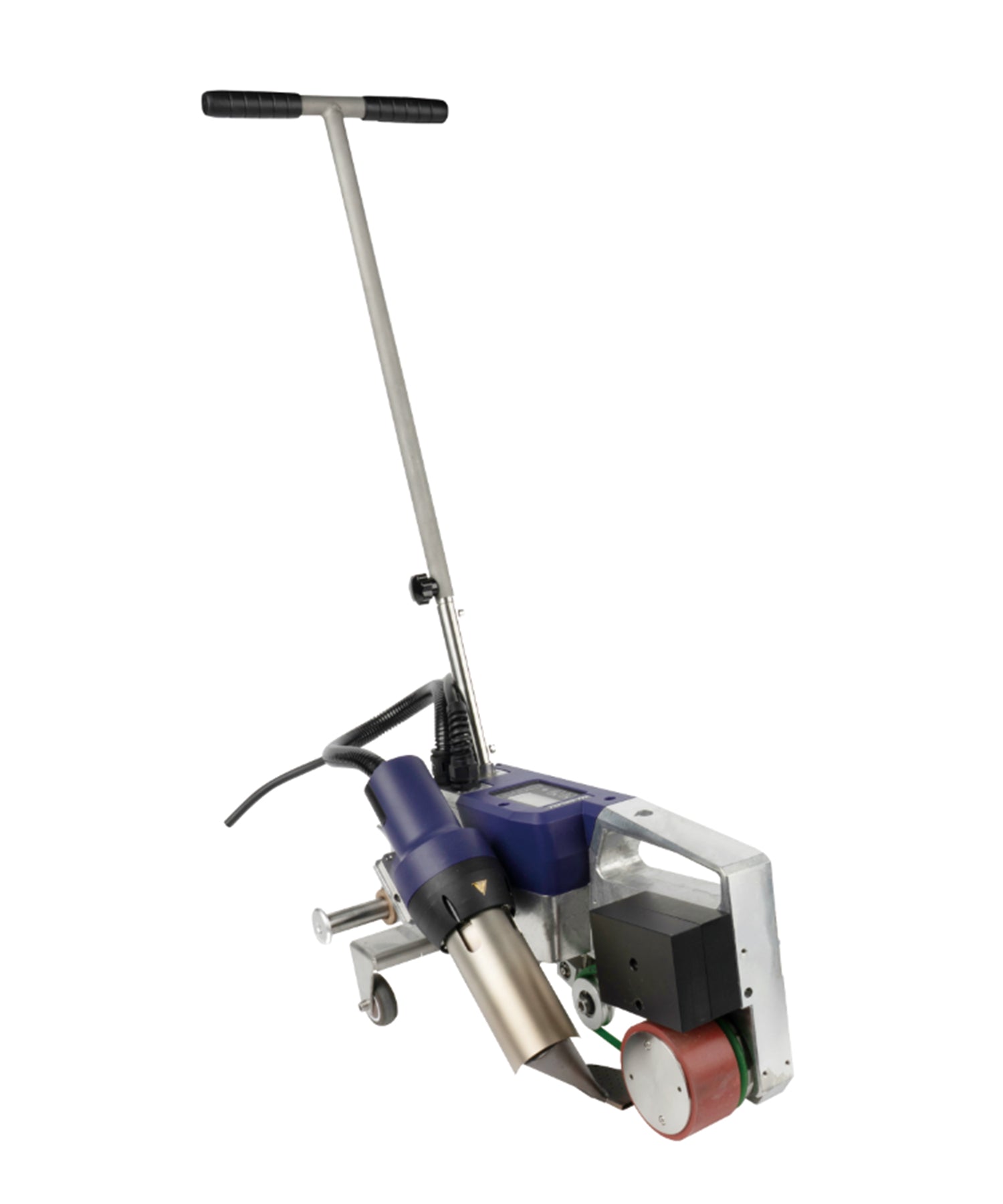
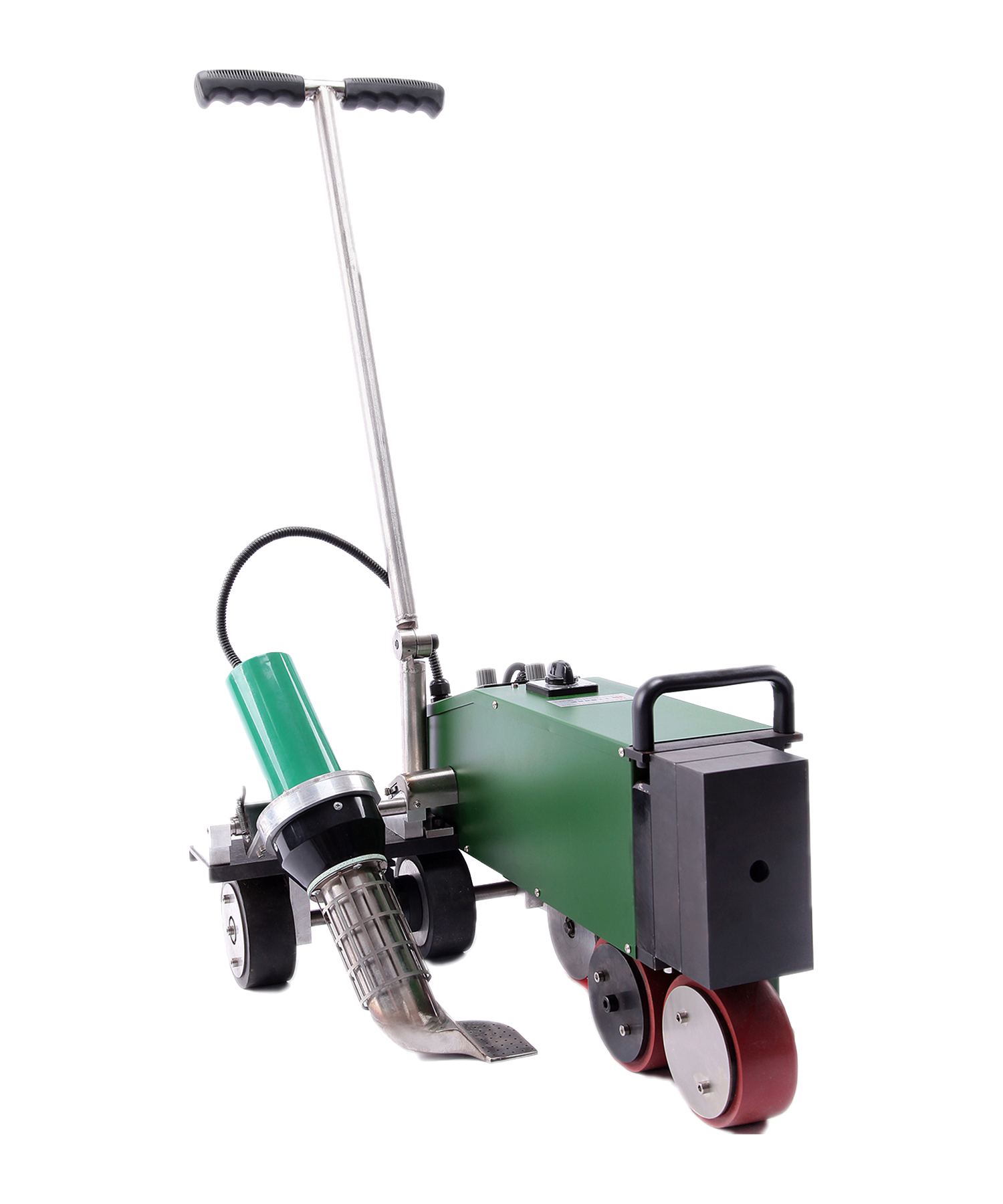
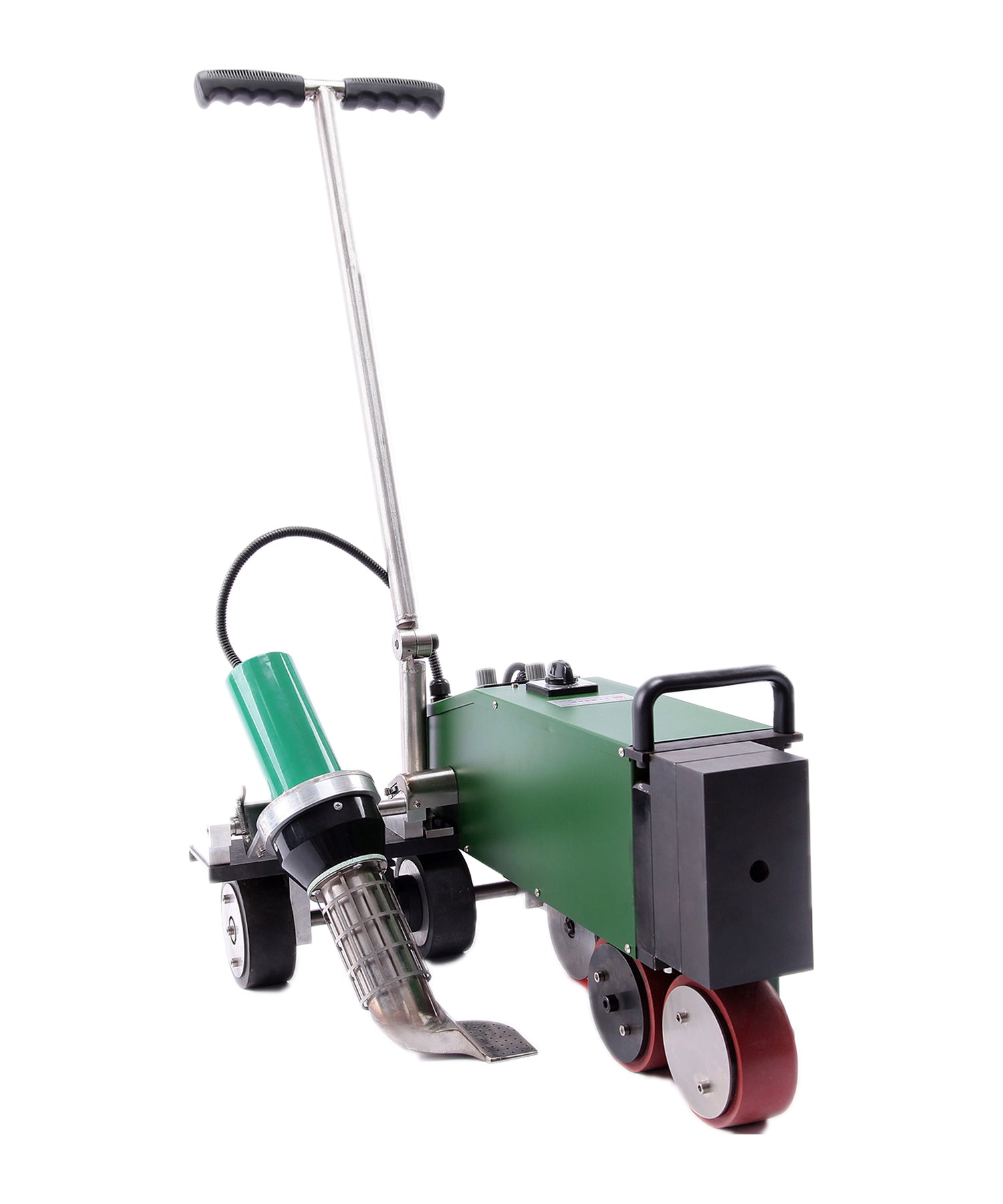
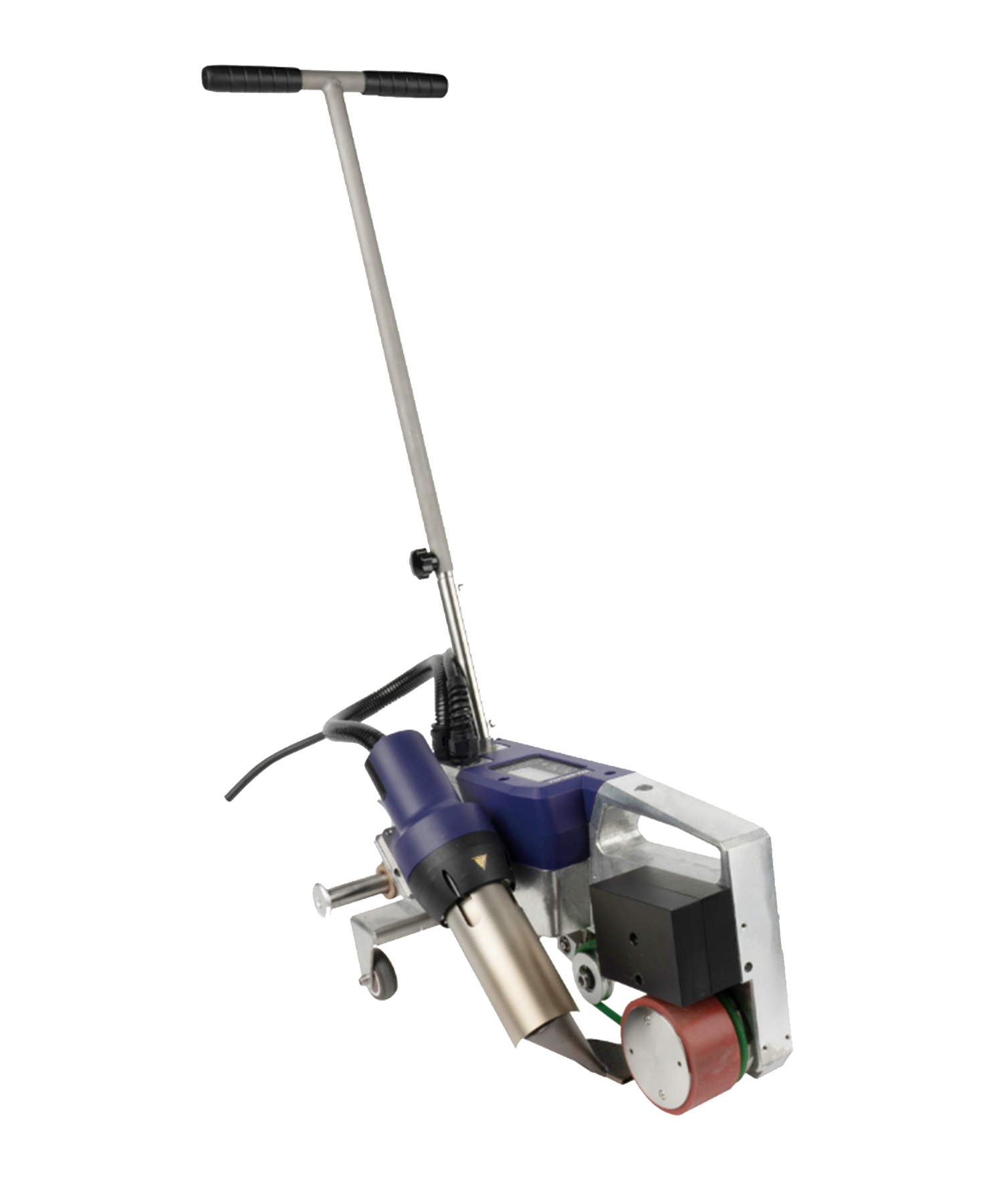
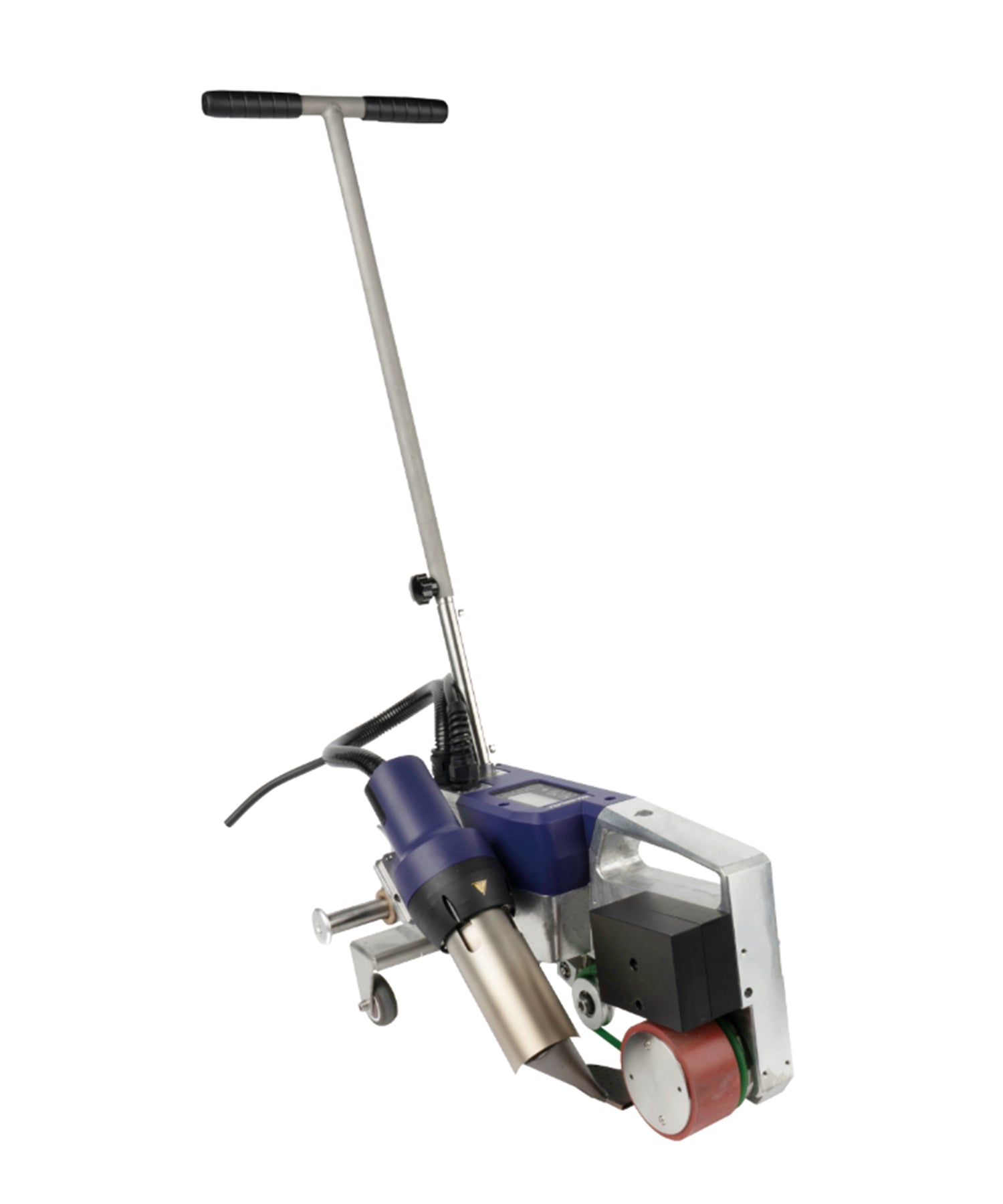
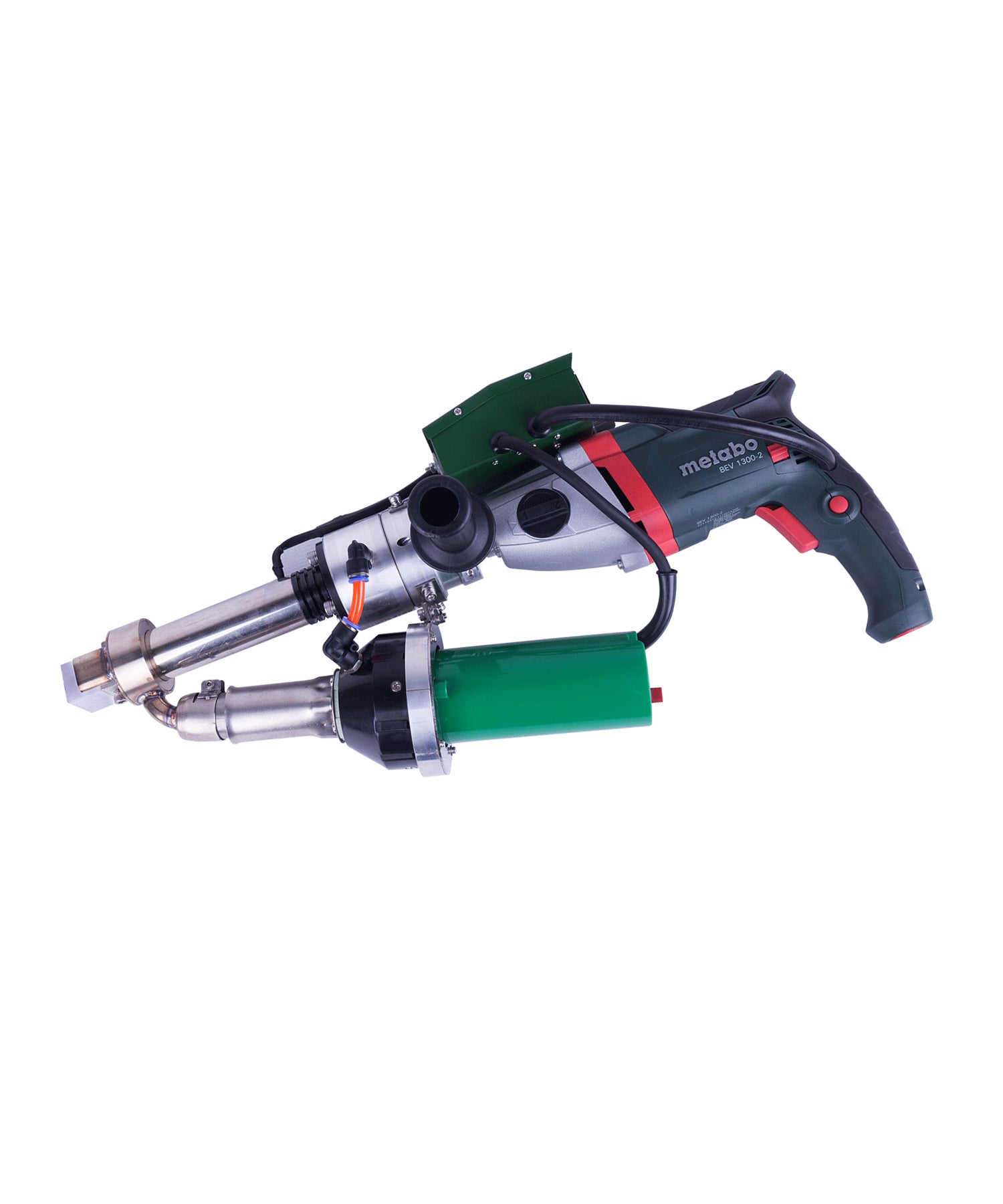
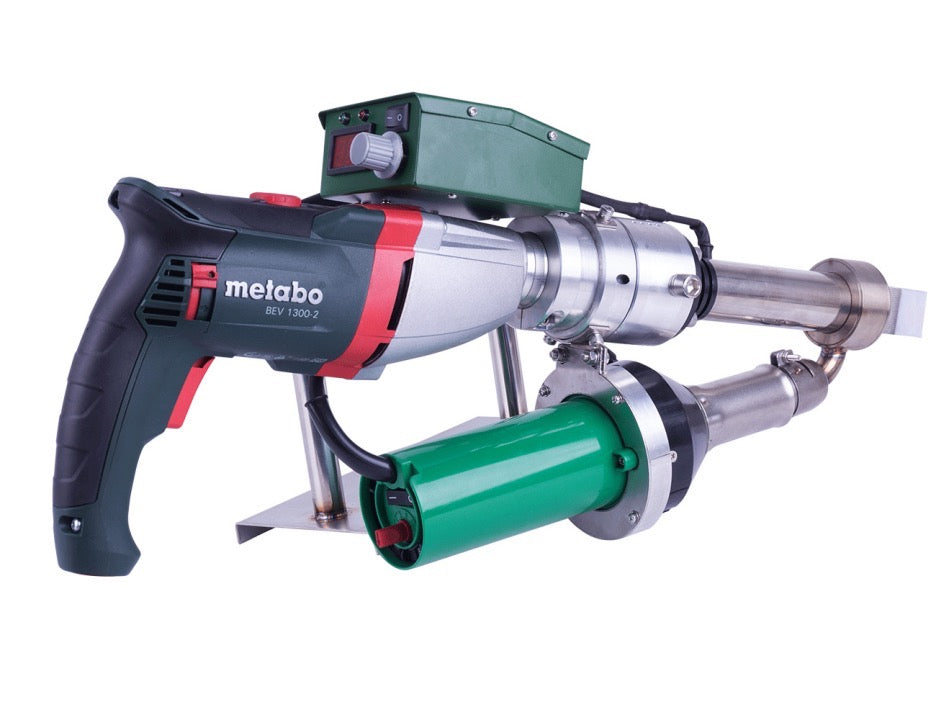
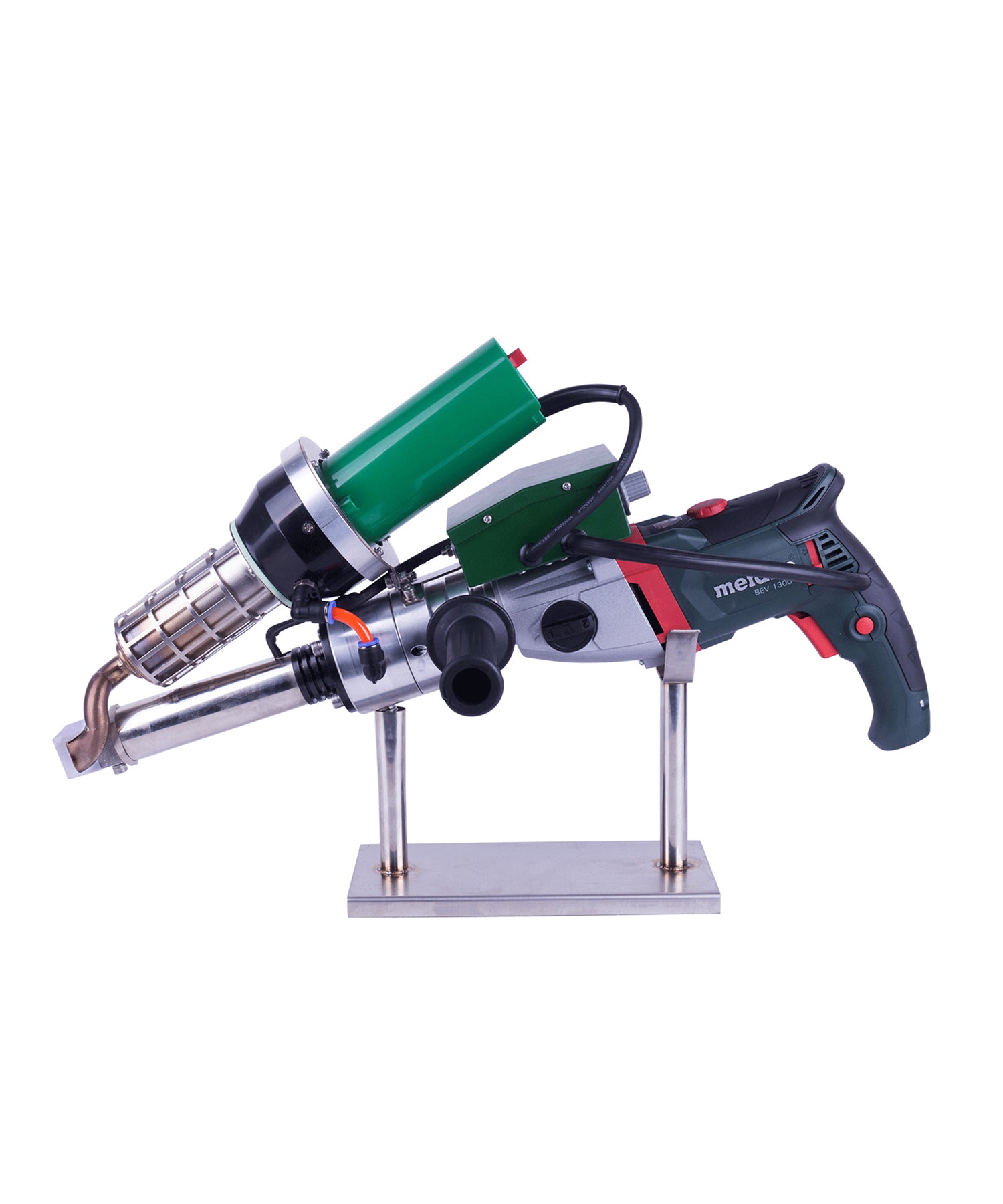
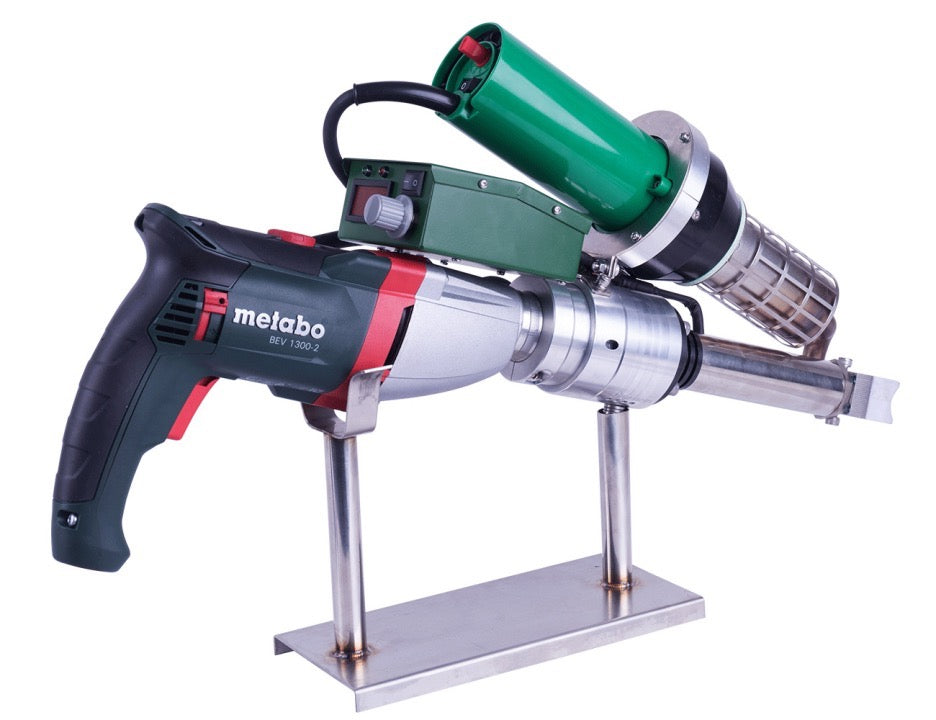
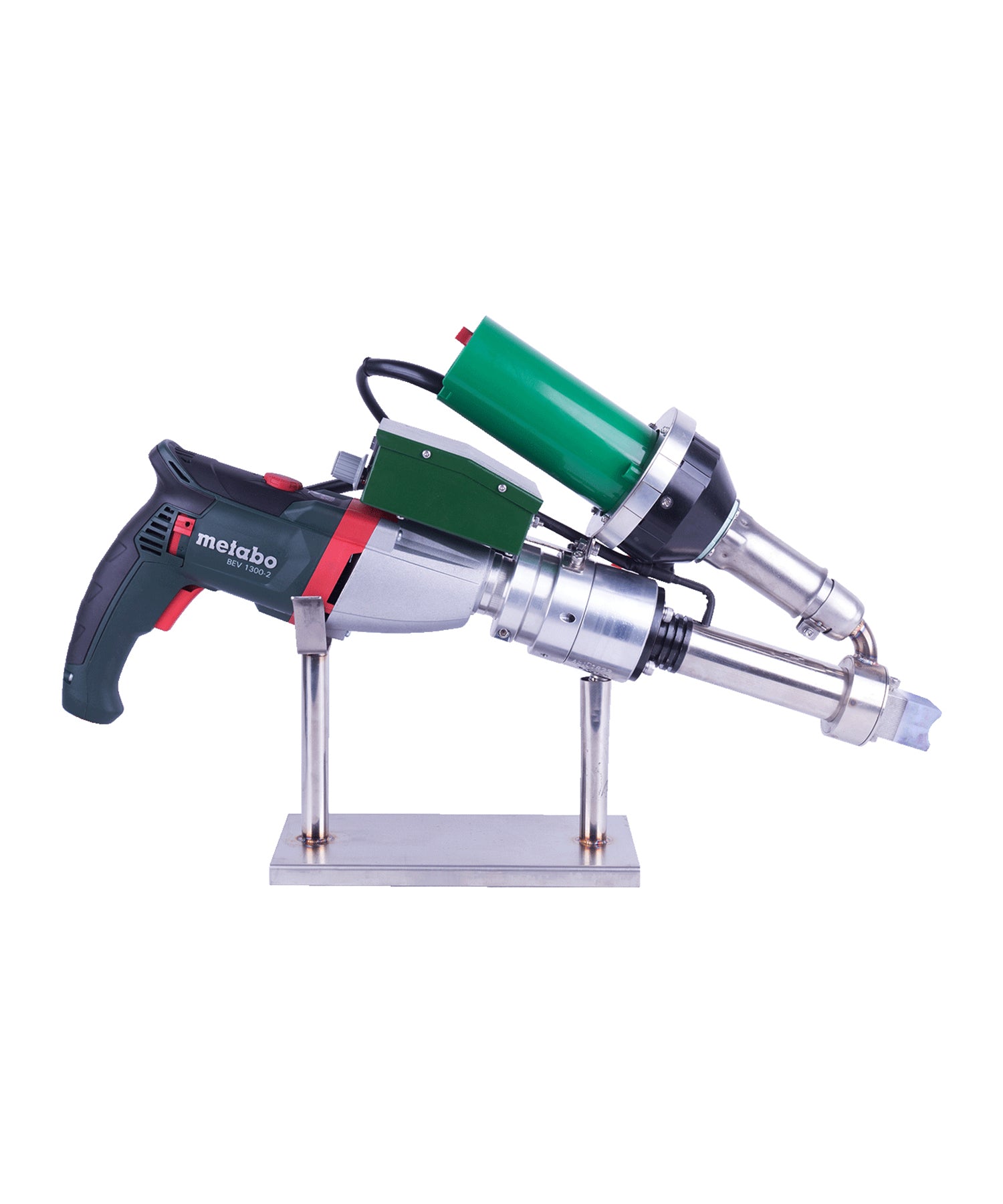
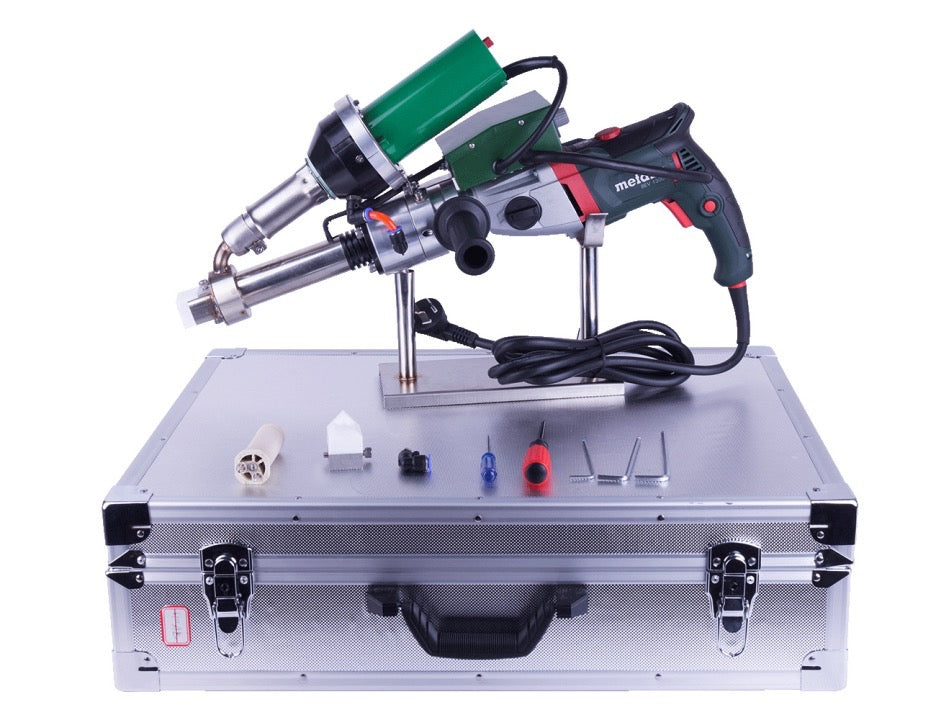
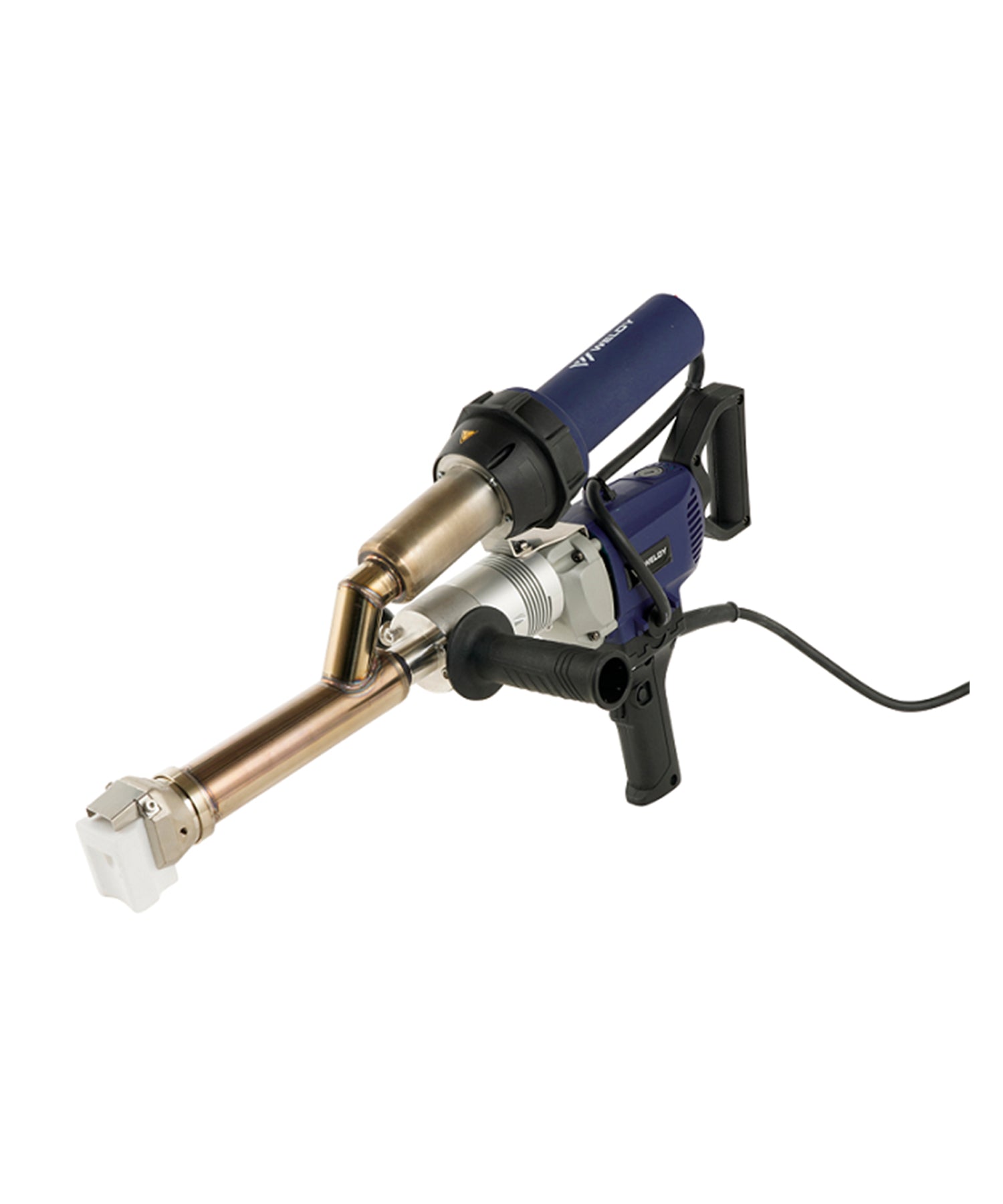
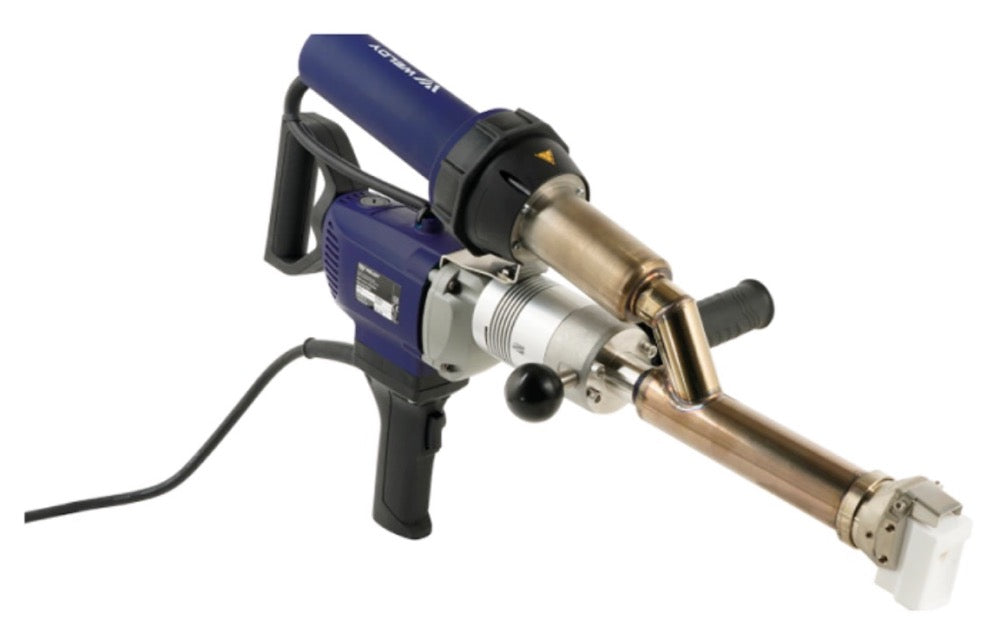



Leave a comment
This site is protected by hCaptcha and the hCaptcha Privacy Policy and Terms of Service apply.